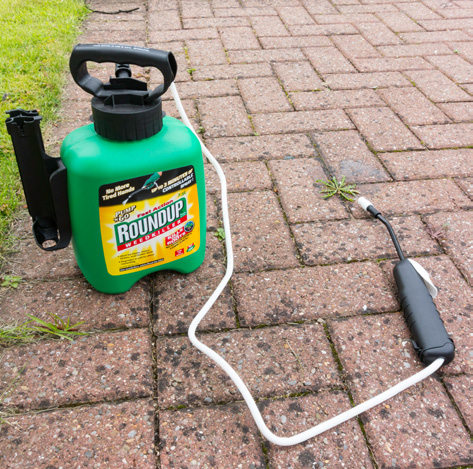A federal judge in West Palm Beach has been assigned to deal with a legion of lawsuits leveled against a clique of pharmaceutical companies after high levels of a potentially cancer-causing chemical were discovered in one of the world’s most popular heartburn medications. Since an independent pharmacy made the discovery in September, 141 people have sued the producers of ranitidine, a drug more commonly known as Zantac-75, in federal court.
That’s a lot of lawsuits. So on Feb. 6, a panel of federal judges assigned the cases to a single U.S. District Judge for pretrial matters. That’s important, because it means U.S. District Judge Robin L. Rosenberg in West Palm Beach will set the ground rules as attorneys from across the country try to figure out what, when and how much the drug companies knew about the alleged carcinogen in their product. “They picked her because she’s been on the bench for six years and hasn’t had a multidistrict litigation case,” explained Robert Jarvis, a law professor at Nova Southeastern University.
Multidistrict litigation is a special procedure that lets judges bundle sprawling, complex lawsuits and assign them to a single judge for pretrial matters. “It is the single largest multidistrict litigation in the history of the United States,” said Michael Citron, a South Florida plaintiff’s attorney whose firm was the first to file a lawsuit against the producers of ranitidine. “I suspect before we are done we will be seeing at least 100,000 claimants.” Cintron noted. It is unclear whether Judge Rosenberg will be dealing with all of those lawsuits as well, should they arise.The lawsuits came about because of one pharmaceutical startup’s mission to test every batch of drugs it sells.
In September, the independent pharmaceutical startup Valisure informed the FDA that it had “detected extremely high levels” of a “probable human carcinogen in every lot tested, across multiple manufacturers and dosage forms of the drug ranitidine. ” The chemical, called N-nitrosodimethylamine, or NDMA, is a highly toxic carcinogen. Its primary use, according to the U.S. National Library of Medicine, is “in laboratory research to induce tumors in experimental animals.” The Food and Drug Administration has set a daily intake limit of NDMA for the general public at 96 nanograms a day. A nanogram is one billionth of a gram. “Valisure has detected NDMA in excess of 3,000,000 nanograms per tablet when analyzing ranitidine products,” reads the letter from the company to the FDA.
The letter sent by Valisure to the FDA set off a scramble. Sanofi, the maker of Zantac, recalled their product, and the FDA has begun requiring all producers of the drug, including Sanofi, to test their product for NDMA. Retailers have also pulled the drug from the shelves voluntarily, though the FDA has held back on banning the substance.
In a statement, representatives from Sanofi declined to discuss pending legal matters but noted that “both FDA and Sanofi are continuing to investigate the levels of NDMA in ranitidine products, and Zantac OTC products remain off the market in light of those continuing investigations.”
“One 100 milligram standard tablet of Zantac 75 can be the equivalent of smoking 30 packs of cigarettes,” said Citron, who is representing at least three plaintiffs in similar lawsuits against ranitidine manufactures.
Jarvis, the law professor, doubts the cases will make it to trial, noting that the drug companies will probably settle rather than have to face a jury. If the parties do agree to a settlement during the pretrial phase, “Rosenberg will oversee it,” he said.





